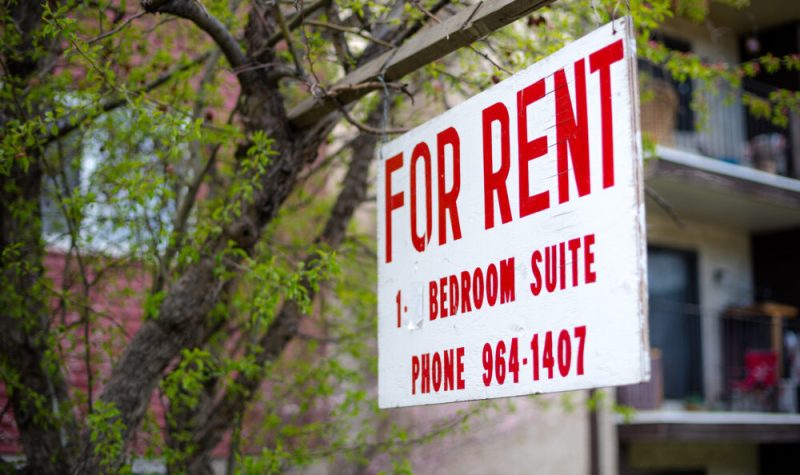The average cost of renting in Nanaimo jumped by eight per cent in 2020 and vacancy has fallen to just one per cent according to a recent State of the Economy report by the city.
For a two-bedroom apartment it is even worse, with rents in the city increasing by 8.6 per cent, more than double that of Victoria and three times the increase in Vancouver.
But those numbers don't tell the full story.
One of Nanaimo’s long-time reporters — Julie Chadwick, who is now reporting on the city for The Discourse — has been investigating the impact of the rising costs of housing in our city in a series called Making Rent.
In her reporting, Chadwick spoke to a renter named Megan Storm, who is a single mother with four kids and couldn't even view apartments as with the vacancy rate at one per cent landlords weren't interested in talking with her.
"All they hear is single mom with four kids, 'no.' Two of her kids are grown and are working. And she has a good income, she's a fourth year university student, she can afford the rent. But she couldn't even look at places. She called 30 places and could only view two or three of them."
Chadwick called some of the listings that Storm showed her and wound up talking with a local landlord who told her that when he put up the listing, he had people calling him offering more than the listed rent.
According to Chadwick he refused the offers above the listed price but was shocked by how competitive the rental market was.
"He said, 'I got like, 100 calls right away. I felt I felt bad for people. I knew that I was only going to pick one person, I was going to have 99 other people that were disappointed.'"
Last week, the B.C. government passed Bill 7, the Tenancy Statutes Amendment Act, which freezes rent increases until the end of the year and regulates the practice of "renovictions" where a landlord evicts a tenant during a renovation.
David Eby, B.C's attorney general and minister responsible for housing, says that the new bill will help protect tenants by forcing landlords to apply to the Residential Tenancies Branch and show evidence that a renovation is required and that it will be impossible for a tenant to continue to live in the unit while it is happening.
Eby defended the decision to not bring in vacancy control where the rent of vacant units as well as occupied units is controlled.
"When you put vacancy control in place, it does have the effect of making people extremely reluctant in the private sector to invest in rental housing that we need," he said.
Eby also addressed the concentration of new supportive housing in Nanaimo's South End neighbourhood, saying that while things like the cost of land can be an issue it should not be concentrated in any one area.
"In my opinion, social and supportive housing needs to be spread across a whole city," he said. "Even as housing minister, I have significant supportive housing development going into my constituency on the west side of the city of Vancouver, because it is important that everybody in the city recognize that we have a role to play in addressing homelessness and supporting people who are in distress."


